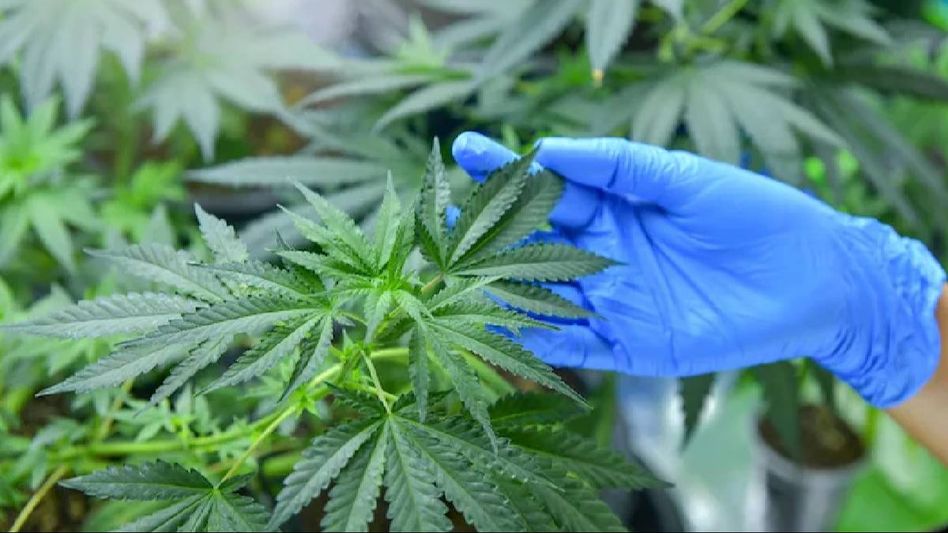Pakistan to legalise cannabis for medicinal purposes
In an attempt to leverage the global cannabis market amid its ongoing economic crisis, the Pakistan government is set to legalise cannabis for medicinal purposes. This follows an ordinance passed earlier this year that established the Cannabis Control and Regulatory Authority.

Pakistan government is legalising the use of cannabis for medicinal purposes which will pave the way for it to export hemp and its products amid economic distress.
The Pakistan government passed an ordinance in February which led to the creation of the Cannabis Control and Regulatory Authority (CCRA). The CCRA is responsible for “regulating the cultivation, extraction, refining, manufacturing, and sale of cannabis derivatives for medical and industrial purposes”.
Reportedly, as the country battles a severe financial crisis, its government aims to enter the global cannabis market and take advantage of its conducive growing conditions.
Speaking to reporters, Syed Hussain Abidi, chairman of the Pakistan Council of Scientific and Industrial Research (PCSIR) said that legalising cannabis could help the Islamic Republic to generate revenue through export, foreign investment and domestic sales to shore up its foreign reserves.
As per the Asian Development Bank, the inflation rate in Pakistan has gone up to 25 per cent and the economic growth is at the fourth-lowest pace at 1.9 per cent.
The cannabis regulatory authority will consist of 13 members, including people from several government departments, intelligence agencies and the private sector. The idea had first stemmed during Imran Khan's rule in 2020.
Reports suggest that the authorities are "very serious about this initiative, and things are moving at a very fast pace."
Cannabis or hemp is a psychoactive substance and is used for medicinal purposes as well as to combat anxiety, depression and chronic pain.
"Misuse of cannabis is possible, but then ephedrine (used to treat low blood pressure) is a lifesaving drug and is misused, too," Pakistani healthcare professional Adnan Amin told Nikke Asia, adding, “My daughter's seizures were reduced from 100 fits a day to some days going without fits with his THC oil.”
He informed that the UN laws say that if a country wants to produce, process and conduct sales of cannabis-related products, it must have a federal entity that will deal with the supply chain and ensure international compliance.
If passed, licence will also be given for a five-year period. Only the government will have the final word on where cannabis can be grown legally.
“When there used to be cannabis cultivation in Afghanistan, we would often be a loss, unable to recoup our investment in growing the plant. But since [the] Taliban have placed a ban, our business is doing considerably better," a farmer told reporters.
Such a regulation helps the farmers and the government and, therefore, it will be a welcome step.
Copyright©2024 Living Media India Limited. For reprint rights: Syndications Today









